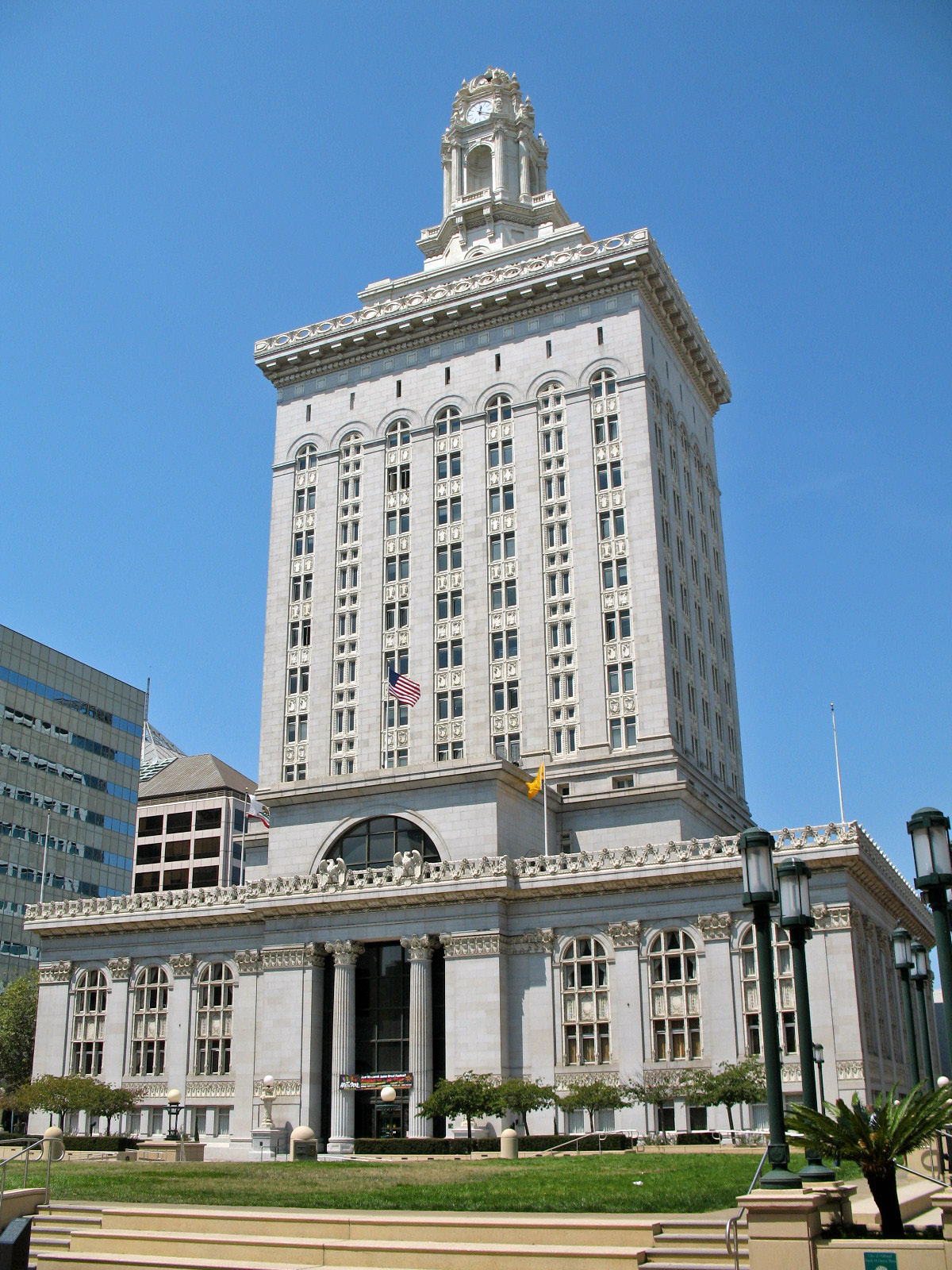By Josh Cohen.
Conversations about urban resilience tend to center on the coming impacts of climate change, and especially sea level rise. There’s good reason for it: Coastal cities are facing a flooded future, even if we take significant steps right now to curb emissions. But for the U.S. city of Oakland — which is also at risk from sea level rise, granted — climate change is far from the only threat to its long-term sustainability. The city has to address growing income inequality and achievement gaps in schools, shrinking housing affordability, chronic violence and other problems in addition to climate threats.
That intersecting list of social, economic and environmental needs is central to the city’s Resilient Oakland Playbook. Published in early October, the document outlines the issues threatening the city’s long-term sustainability, goals for addressing those threats and actions the city can take to accomplish those goals. The Playbook is part of Oakland’s work with 100 Resilient Cities (100RC), which provides funding for the municipal position of chief resiliency officer, as well as technical assistance, services and other tools.
Urban resilience, as defined by 100RC, is, “the capacity of individuals, communities, institutions, businesses, and systems within a city to survive, adapt, and grow no matter what kinds of chronic stresses and acute shocks they experience.”
Kiran Jain, Oakland’s chief resiliency officer, says addressing issues such as income inequality and systemic racism is at the heart of Oakland’s 100RC work.
“Our greatest barriers to resiliency are addressing our day-to-day social stresses, including equitable access to quality jobs, education, affordable housing, community safety and better infrastructure,” she says.
[divider] [/divider]





